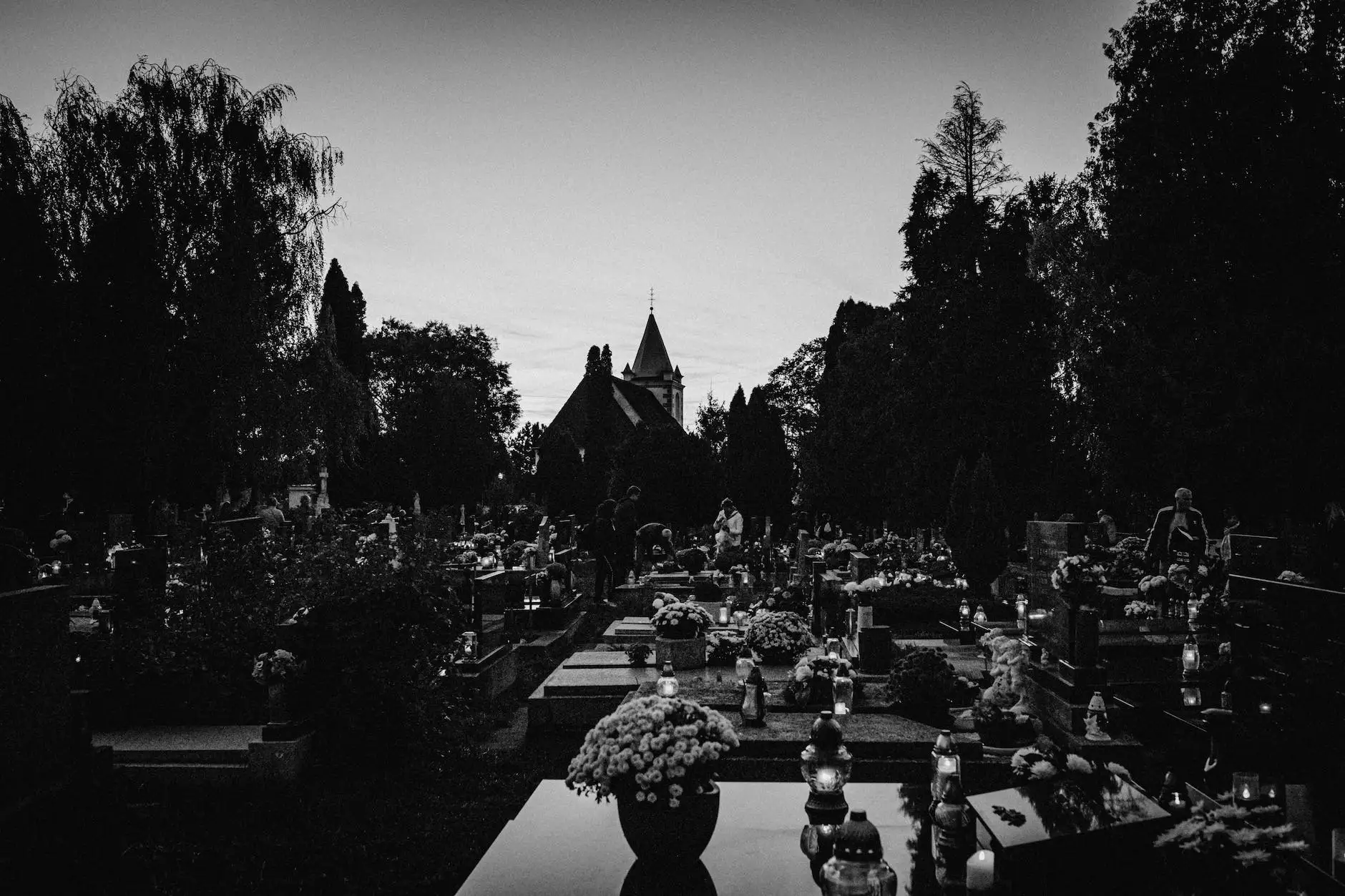Can Virginia Localities Still “Just Say No”? Regulations Permitted After Marijuana's Legalization
Virginia Lawyer
Welcome to Richardson Law Firm PC, a trusted legal resource for all matters related to law and government. In this article, we will explore the topic of whether Virginia localities can still enforce regulations after the recent legalization of marijuana. As experts in the field, we aim to provide you with comprehensive information and insights to help you understand the intricacies of this legal landscape.
Understanding the Impact of Marijuana Legalization on Virginia Localities
With the recent legalization of marijuana in Virginia, many individuals and local communities are grappling with the potential consequences and implications of this significant change. While the legalization of marijuana for recreational use has undoubtedly brought about shifts in both societal and legal perspectives, it is crucial to examine how this affects localities and their regulatory powers.
Before the legalization of marijuana, Virginia localities had the ability to enact their own regulations and restrictions pertaining to the cultivation, sale, and consumption of marijuana within their jurisdictions. This allowed local communities to have a say in shaping the cannabis landscape according to their unique needs and preferences.
However, with the statewide legalization of marijuana, the question arises as to whether localities can still exercise the same level of autonomy in terms of establishing their own regulations. To address this question, we must delve deeper into the intricacies of the legislation.
Examining the Virginia Marijuana Legalization Laws
The Virginia Marijuana Legalization Laws, which went into effect on July 1, 2021, decriminalize the possession, use, and cultivation of marijuana by individuals who are 21 years of age or older. While the laws establish a framework for legal possession and consumption, they also set certain limitations and guidelines.
It is important to note that although the state has legalized marijuana, localities still retain some authority to regulate the industry within their jurisdictions. However, this authority is not absolute, and its extent is determined by the Virginia General Assembly and state statutes. Localities can impose zoning regulations, licensing requirements, and restrictions on retail establishments, but these regulations must align with the overall framework established by the state legislation.
Factors Influencing Localities' Regulatory Powers
When it comes to determining the extent of localities' regulatory powers, multiple factors come into play. One key factor is the principle of preemption, which refers to the extent to which state laws supersede or preempt local ordinances. In the case of marijuana legalization, the Virginia General Assembly has the authority to preempt certain local regulations that it deems inconsistent with the state laws.
Additionally, the state legislation also provides guidance on various aspects of the marijuana industry, including licensing, taxation, and advertising. These guidelines serve as a framework within which localities can exercise their regulatory powers. It is essential for localities to align their regulations with the state laws to ensure consistency and compliance.
Collaboration between State and Local Authorities
While the relationship between state and local authorities may appear complex, it is crucial to emphasize the importance of collaboration and open communication. State and local officials must work together to navigate the evolving legal landscape surrounding marijuana legalization.
Richardson Law Firm PC recognizes the significance of legal guidance in such matters. Our experienced attorneys specialize in law and government and offer comprehensive counsel to both state and local entities. Whether you are a locality seeking to understand your regulatory powers or an individual navigating the complexities of the law, our team is here to provide you with the knowledge and support you need.
Conclusion
In conclusion, with the legalization of marijuana in Virginia, localities retain some level of regulatory authority, albeit within the framework established by the state legislation. Understanding the impact of marijuana legalization on Virginia localities necessitates a careful examination of the state laws, preemption principles, and collaboration between state and local authorities.
At Richardson Law Firm PC, we recognize the need for informed legal counsel and are dedicated to providing exceptional guidance on matters related to law and government. Contact our team today for expert advice tailored to your specific needs.




